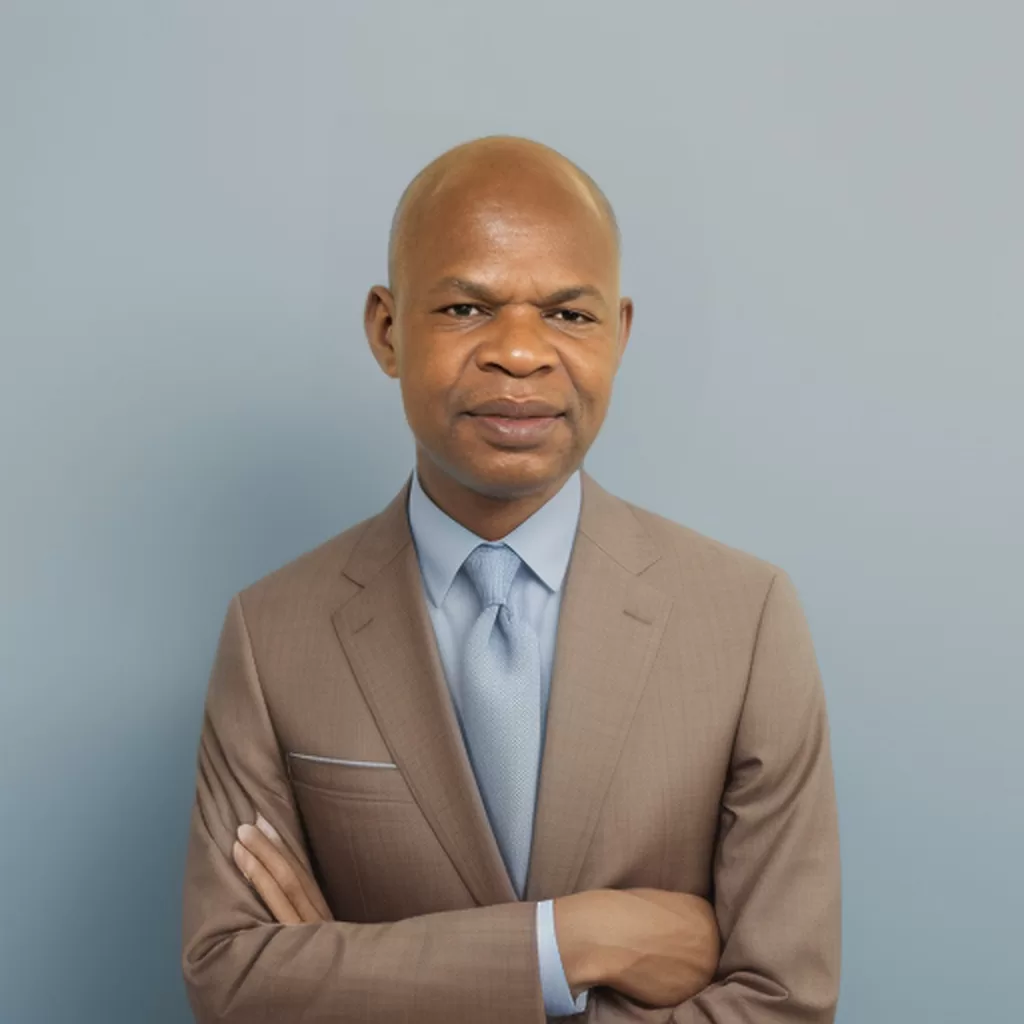A New Era in Education: Executive Order Impacts Federal, State Education Roles
Written by Contributing Author, Charles Wekesa

By Charles Wekesa
It's all about finding the right balance between federal oversight and giving states and local communities more say in how they educate their kids. What do you think about all this? How do you see it affecting your local schools or your education? It's something to keep an eye on as it develops!

Have you heard the buzz about President Trump’s latest move in the world of American education? He’s just signed an executive order that aims to shake things up at the U.S. Department of Education. The big idea being shifting more control over education from the federal government to state and local levels. It’s quite a change that we should all empress. Let’s dive in and explore what this means for all of us.
Historical Context
Before we get into the nitty-gritty of this new order, let’s take a quick trip down memory lane. The Department of Education as we know it today was established back in 1979. Since then, there’s been an ongoing debate about who should be calling the shots in education – the federal government or individual states. It’s like a long-running family discussion that never quite gets resolved.
Key Provisions of the Executive Order
So, what exactly does this executive order say? Well, it’s got a few big points:
- The Secretary of Education is being asked to start the process of closing down the entire department. That’s a pretty big deal!
- Student loans? They’re thinking of handing that over to the Small Business Administration.
- Special education programs might be moved to the Department of Health and Human Services.
It’s like a giant game of musical chairs but with government departments!
Rationale Behind the Decision
Now, you might be wondering, “Why make such a big change?” Well, a few reasons are being tossed around:
- Some folks think the federal oversight has led to a lot of red tape and inefficiency.
- Despite pumping more money into education at the federal level, student performance hasn’t improved much.
- There’s an idea that local communities know best what their students need, so they should have more control.
It’s kind of like saying, “Hey, maybe the folks closest to the situation should be the ones making the decisions.”
Implications for Students and Educators
Of course, a change this big is going to affect a lot of people. Here’s what it might mean:
- The way federal funding gets distributed to states could change.
- If you’ve got student loans or are applying for financial aid, the process might look different in the future.
- For students with special needs, there could be changes in how services are provided and how schools make sure they’re following the rules.
It’s a bit like rearranging the furniture in your house – everything’s still there, but you might have to learn new ways of moving around.
Political and Legal Challenges
Now, don’t think this is all going to happen overnight. There are some pretty big hurdles to clear:
- Closing down a whole federal department? That needs Congress to say “okay.”
- You can bet there will be some pushback from teachers’ unions and other groups who care about education.
- There might even be some legal battles over how to carry out this executive order.
It’s like trying to change the rules of a game while everyone’s still playing – not always easy!
Responses from States and Local Communities
As you can imagine, different states and communities are reacting to this news in different ways:
- Some state governments are excited about the idea of having more control over education.
- Others are a bit nervous about taking on all that responsibility.
- Local communities are thinking about how they’d manage things if this change goes through.
It’s like when your parents suddenly announce they’re going on a long trip and leaving you in charge of the house – some kids would be thrilled, others might feel overwhelmed!
Every Black Life Matters’ Perspective On Education.
Every Black Life Matters (EBLM) advocates for educational choice to empower Black communities, asserting that eliminating barriers can lead to enhanced economic and social outcomes, increased self-confidence, and personal initiative. They emphasize that school choice is a civil right, enabling parents to provide their children with optimal educational opportunities, especially when many Black children are confined to underperforming schools. To address fatherlessness, EBLM supports initiatives such as community education forums, church engagement strategies, and mentorship programs, aiming to mitigate adverse consequences associated with absentee fathers. Through these efforts, Every Black Life Matters strives to create a supportive educational environment that fosters the holistic development of Black students.
Conclusion
So, there you have it – a big potential change in how education works in the U.S. It’s all about finding the right balance between federal oversight and giving states and local communities more say in how they educate their kids. What do you think about all this? How do you see it affecting your local schools or your education? It’s something to keep an eye on as it develops!




